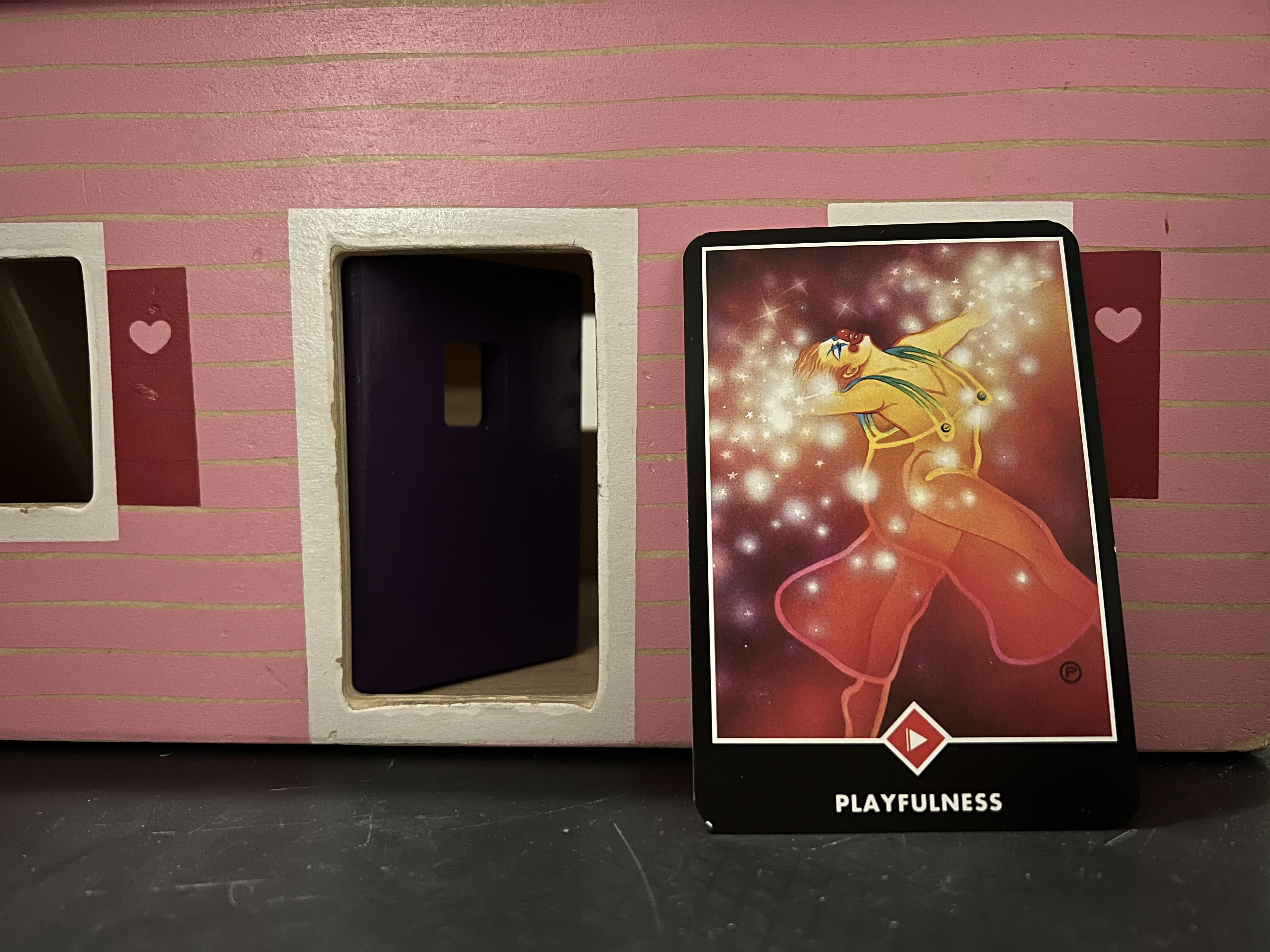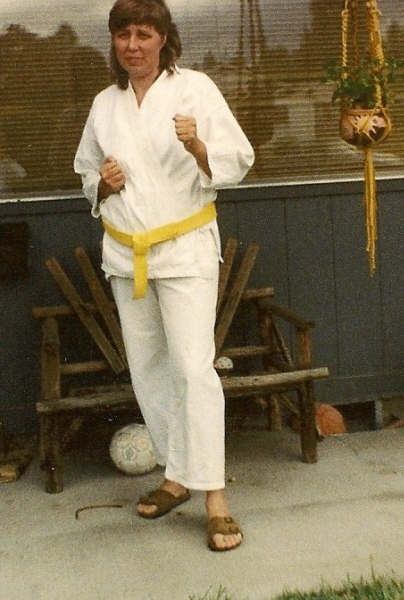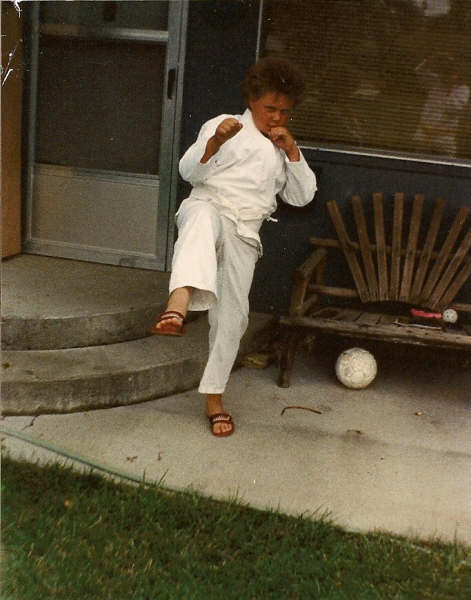The Temperature Bacteria Grows In [Link Post] Permalink
Posted on Friday November 26, 2021 by Jacob Campbell.
Episode #14
Jacob and Judy use Rider Waite/Pathfinder Tarot Deck to pull the XI Justice and the Kind of Pentacles. They talk about the process of the new moon, and it is a time for planting seeds and thinking, and how Judy is working on slowing down. They speak of ecology and climate change, building relationships, building rapport with kids, and thinking about healthy eating.




